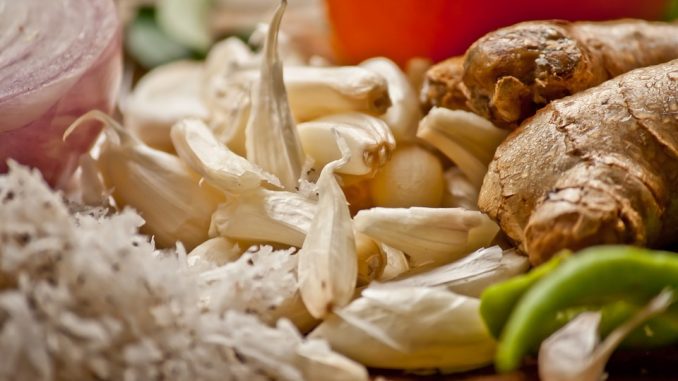
In the cold season, sore throat is a symptom commonly experienced by many of us, regardless of age. In today’s article we will learn more about the natural remedies which can help relieve our sore throats.
Tonsillitis is an inflammation of infectious (viral or bacterial) origin of the tonsils. It is characterised by symptoms such as stomach cramps that turn into pain when we swallow, and sometimes the pain irradiates to the ears. Those who suffer from tonsillitis may experience fever, may be deprived of energy, and may experience drowsiness, coughing or vomiting. The lymph nodes may also increase in volume.
Another condition that causes sore throats is pharyngitis. Apart from sore throat, other commonly felt symptoms include fever, difficulty in swallowing, and ear pain. Often, the lymph nodes of the neck are swollen. The most common pharyngitis is of viral origin. Rhino-acute pharyngitis is one of the most common childhood illness.
Sore throats – natural treatments
Eucalyptus (Eucalyptus globulus) is a plant commonly included muscle pain relief creams, and also in many medicines for relieving sore throats. Aromatic oils have a cooling effect on inflamed tissues, and eucalyptus tannins have calming and astringent action. In order to prepare an eucalyptus infusion, add a few crushed leaves to a cup of boiling water. Gargle with the infusion to treat your sore throat.
Ginger (Zingiber officinale) – has gained a good reputation for its anti-flu qualities. Ginger (preferably from organic sources) is usually added to tea, smoothies or soups. It is advised to gargle with ginger to soothe the sore throats. For extra benefits, a little lemon juice, vinegar and honey can be added to the infusion.
Garlic (Allium sativum) – maybe you would never have thought about this, but garlic is not just a friend of the immune system and an antibacterial (effective in streptococcal infections). Gargling with garlic tea is also extremely effective in treating sore throats.
Slippery elm (Ulmus rubra) – Slippery elm is a universal soothing agent used to treat various affections of the throat, respiratory tract and digestive tract. Like all woody plants, slippery elm contains compounds called oligomeric procyanidines that have disinfecting and anti-allergic properties.
Plantago – the miraculous plant included in a lot of the cough syrups we find in drug stores. Phthalatin-based natural treatments facilitate wound healing, and have expectorant, emollient, anti-inflammatory, astringent, diuretic, and antimicrobial effects. The leaf leaves contain an iridoid, called aucubin, and flavonoids, as well as mucilages, volatile oils and antibiotic substances, carotenoids, and minerals. The European Commission also approved the use of the plant for treating inflammation of the throat and mucous membranes. The antibacterial properties of the plant tend to be affected by heat, so you should use 3, 4 teaspoons of fresh plantago extract added in cold water.



Leave a Reply